Prevenge/2016/88 min.
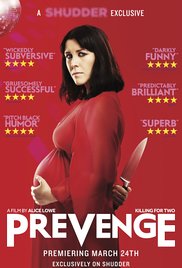 I don’t know filmmaker and mother Alice Lowe but I’d be willing to bet that if she was given a baby shower, she banned boring guessing games and gluten-free, sugarless cupcakes. Instead, she might have shown “The Shining” and served hefty slabs of juicy red meat.
I don’t know filmmaker and mother Alice Lowe but I’d be willing to bet that if she was given a baby shower, she banned boring guessing games and gluten-free, sugarless cupcakes. Instead, she might have shown “The Shining” and served hefty slabs of juicy red meat.
A bit of a random speculation, perhaps, but not after you see her sly, subversive black comedy, “Prevenge,” which she wrote, directed and starred in, well into her first pregnancy.
Lowe (whose credits include “Hot Fuzz,” “Sightseers” and “Locke”) plays Ruth, a single, soon-to-be mother who’s also a serial murderer with a talent for disguises and a penchant for gore. Why does Ruth kill? Because the demanding little fetus that has taken over her body is telling her to, natch. And because she feels betrayed by the loss of the baby’s father.
Lowe tells a smart, taut and funny yarn, with shades of Stanley Kubrick and Monty Python, raising provocative questions about women, motherhood and the way society tends to pigeonhole women who choose to have kids. She’s joined by a strong cast: Gemma Whelan and Kate Dickie (from “Game of Thrones”), Tom Davis and Kayvan Novak.
Admirably, Lowe takes a few risks with the script. For example, she doesn’t beg the audience to sympathize with the demented Ruth. “Though you might come to like her towards the end, I didn’t want it to be too easy at the start,” said Lowe at a recent screening and reception at Cinefamily in Los Angeles.
Easy, no. But entertaining? Very much so.
“Prevenge” opens on Shudder on Friday, March 24.
The film also screened at AFI FEST 2016 presented by Audi.





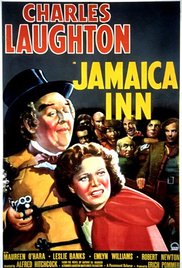
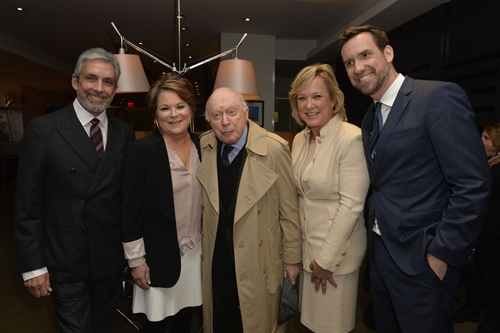
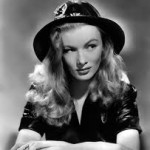
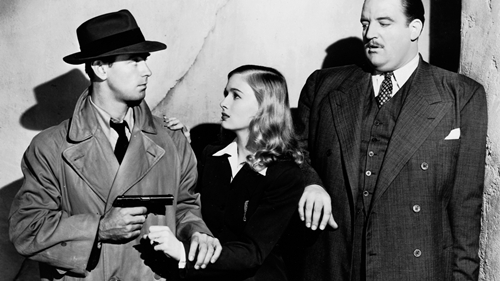
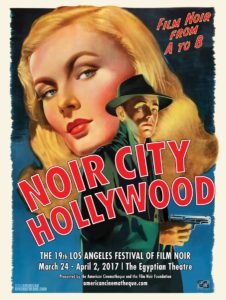





From FNB readers